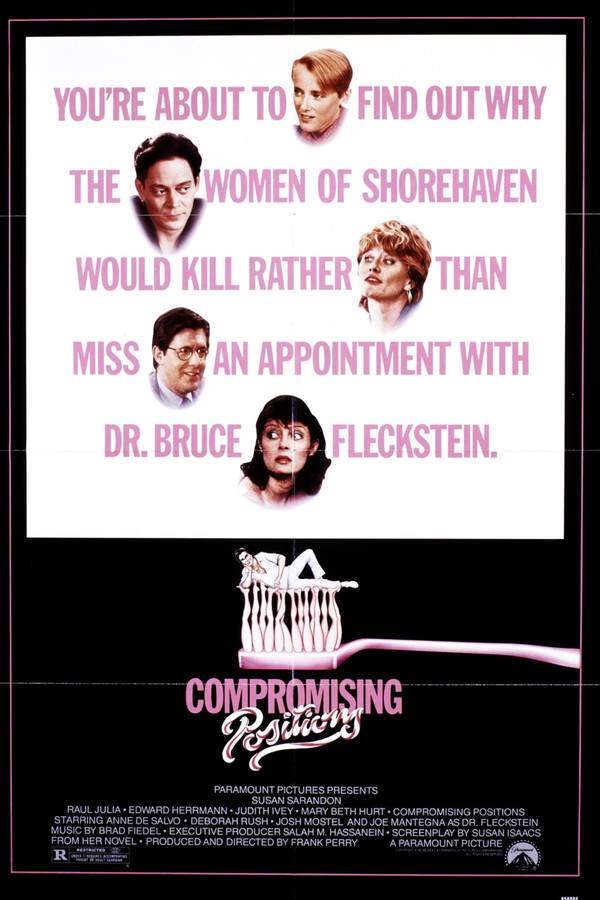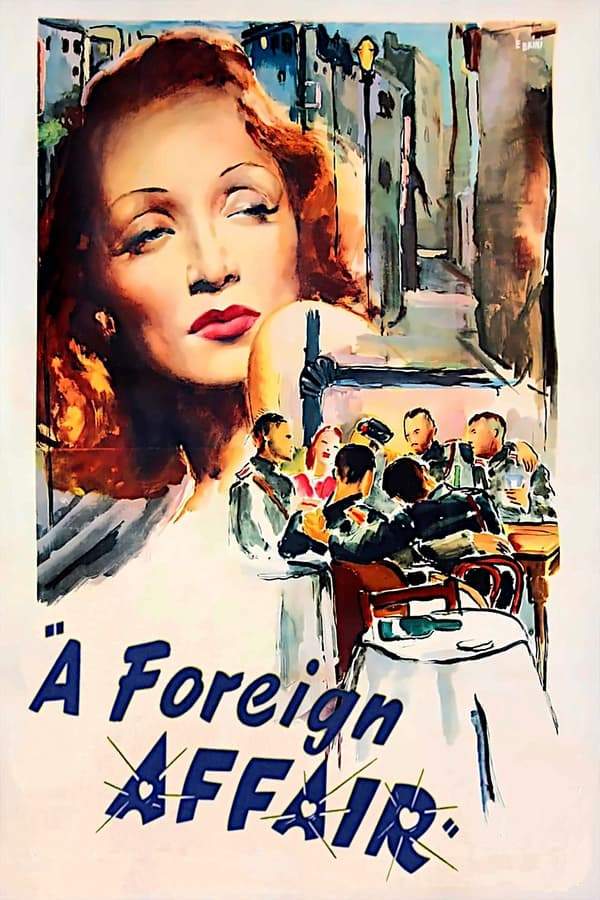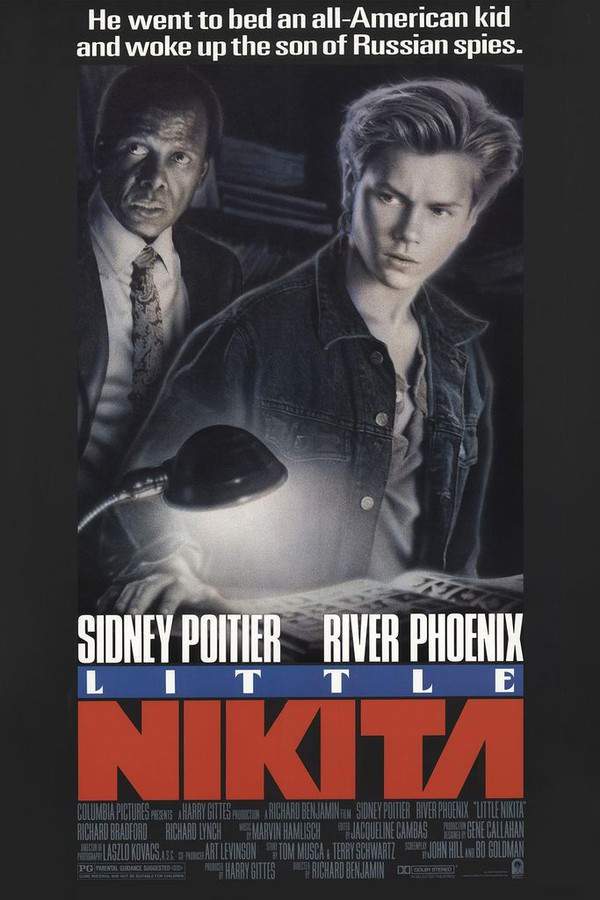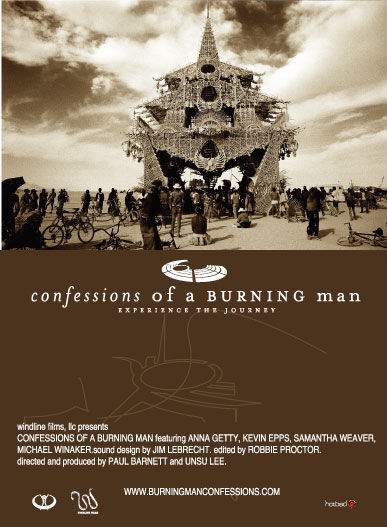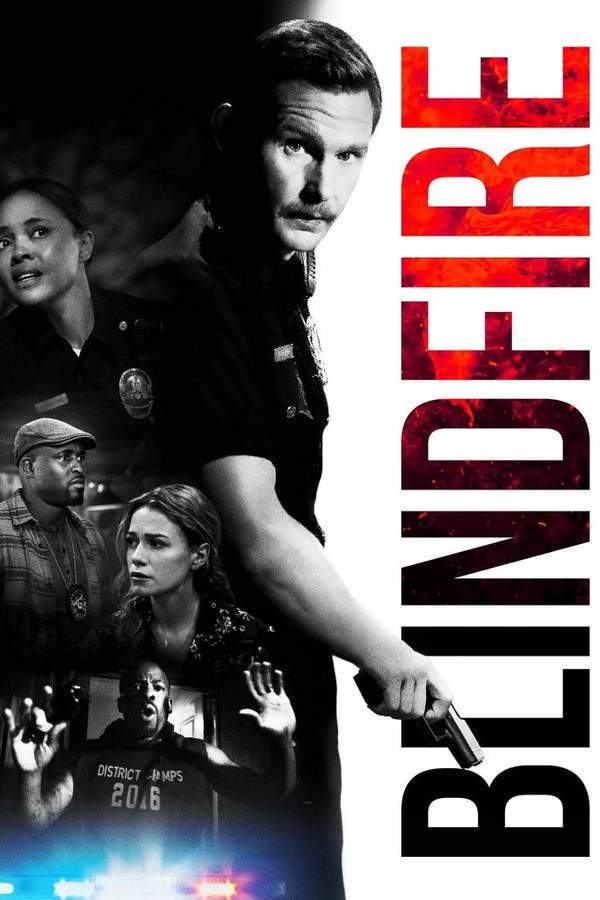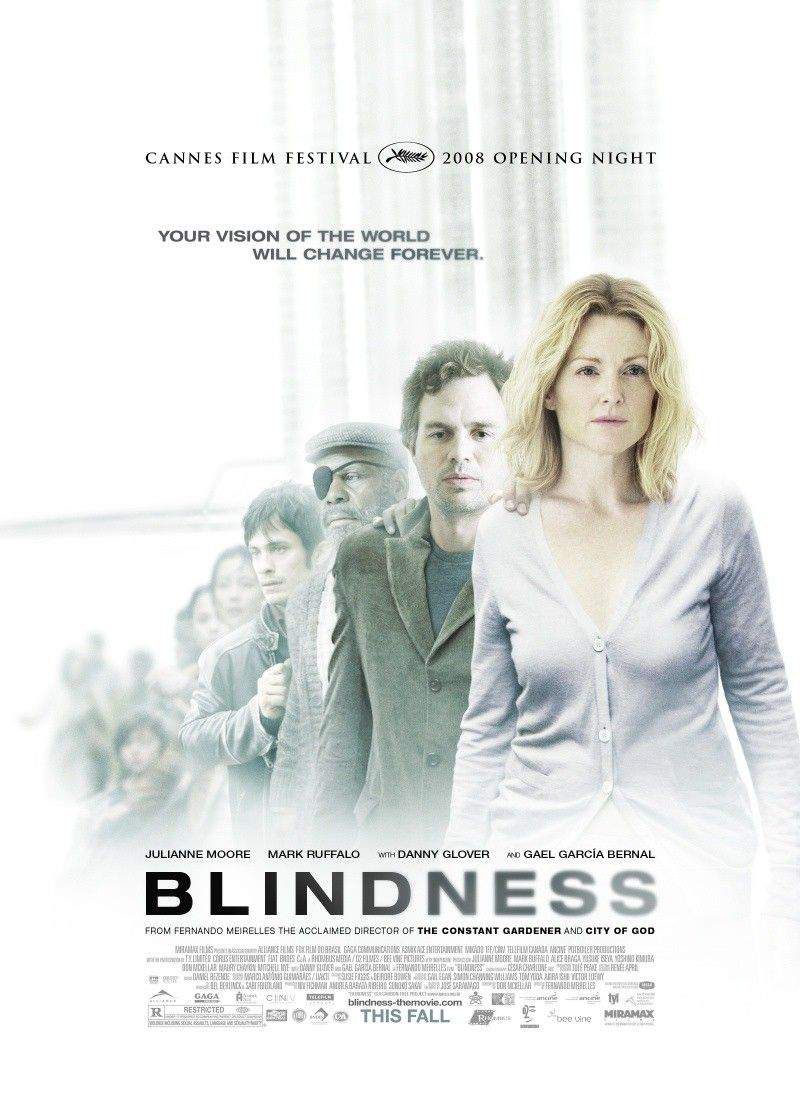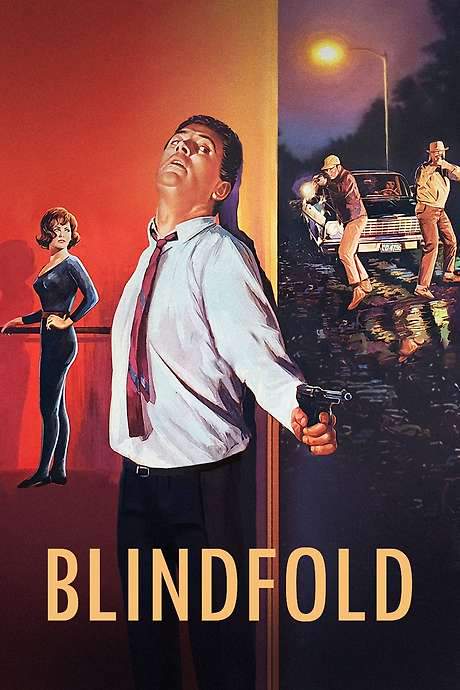
Blindfold
Year: 1966
Runtime: 102 mins
Language: English
Director: Philip Dunne
A government scientist undergoing psychoanalysis by Dr. Snow becomes the focus of an elaborate security scheme. General Pratt hides the scientist in a secret facility called Base X, and forces Dr. Snow to wear a blindfold whenever they are taken there, turning the operation into a sophisticated trap.
Warning: spoilers below!
Haven’t seen Blindfold yet? This summary contains major spoilers. Bookmark the page, watch the movie, and come back for the full breakdown. If you're ready, scroll on and relive the story!
Blindfold (1966) – Full Plot Summary & Ending Explained
Read the complete plot breakdown of Blindfold (1966), including all key story events, major twists, and the ending explained in detail. Discover what really happened—and what it all means.
In a tense, secrecy-driven mission during a period of heightened national security, General Pratt, Jack Warden, enlists the help of Dr. Bartholomew Snow, Rock Hudson, a renowned psychiatrist, to assist the U.S. government with a delicate and covert operation. The aim is to quietly manage a case that could have wide implications if exposed to the public eye.
Snow is tasked with safeguarding a patient, Arthur Vincenti, a government scientist who has suffered a mental breakdown. Vincenti is hidden far away in a remote facility known only as Base X, a place shrouded in secrecy to prevent any leakage about what he knows. The request places Snow squarely in the middle of a dangerous intelligence game where enemy agents and a shadowy organization compete to extract information from Vincenti before it can be weaponized.
To keep the operation under wraps, Snow must travel blindfolded when he is transported to Base X, a precaution designed to prevent even a glimpse of the base’s location from slipping out. This odd ritual underscores the level of control that the authorities want to maintain over the mission and the delicate balance between truth and deception that defines the case.
Vincenti’s sister, Vicky Vincenti, mistakenly believes Snow is the one who abducted her brother. When she has Snow arrested, he fabricates a cover story to protect the Vincenti affair, insisting that he and Vicky are engaged and that their supposed lovers’ quarrel is merely a frontsmanlike ruse. Snow, a man with seven failed engagements, sees nothing wrong with creating this public façade to keep the project confidential and to keep Vicky quiet.
Yet the truth remains murky, and not everyone buys Snow’s tale. A wary NYPD detective named Harrigan, Brad Dexter, grows increasingly suspicious of the official narrative as investigators probe the tangled web of Pratt, Fitzpatrick, and Vincenti. The tension rises as the story edges toward discovery, threatening to expose the covert operation and the real loyalties at play.
Into this labyrinth of motives steps a stuttering operative named Fitzpatrick, Guy Stockwell, who arrives for a Snow session bearing CIA credentials and asserting that General Pratt himself is the true enemy agent. His claims inject a new layer of doubt into Snow’s already fragile world, forcing the psychiatrist to question who is really in control and what information has already crossed the line between permissible secrecy and dangerous betrayal.
Driven by a need to verify what he heard while blindfolded, Snow attempts to reconstruct the sounds and clues that might lead him back to Base X. This method tests his patience, memory, and judgment, as he navigates a maze of plausible alibis and dangerous misunderstandings. The pursuit intensifies when Fitzpatrick seizes Vincenti and Pratt, but soldiers arrive in airboats to place Fitzpatrick under arrest, restoring a temporary calm to the escalating crisis.
In the aftermath, Vicky faces a pivotal choice: she must decide whether the supposed engagement with Snow could ever become real, or if the whole affair must remain a carefully curated fiction. The ending leaves a lingering question about trust, motive, and the possibility of genuine connection emerging from a landscape built on secrecy and deception. Base X remains a symbol of the invisible war fought behind closed doors, where science, loyalty, and love collide in a test of truth against illusion.
Last Updated: October 09, 2025 at 09:35
Explore Movie Threads
Discover curated groups of movies connected by mood, themes, and story style. Browse collections built around emotion, atmosphere, and narrative focus to easily find films that match what you feel like watching right now.
Espionage Trust Games Like in Blindfold
Stories where characters must navigate a labyrinth of shifting loyalties and hidden motives.If you liked the deceptive alliances and paranoid uncertainty in Blindfold, explore more movies like it. This section features similar thrillers and dramas where characters must untangle a web of lies, battling doubt and deception to uncover the truth.
Narrative Summary
Narratives in this thread typically revolve around an ordinary person thrust into a high-stakes world of secrets, where their primary tool for survival is their ability to discern truth from a carefully constructed facade. The plot unfolds through a series of revelations that constantly reshuffle the audience's understanding of who is trustworthy, leading to an ambiguous or cynical resolution.
Why These Movies?
Movies are grouped here based on their shared focus on psychological tension derived from deception and moral ambiguity. They feature a steady, methodical pacing that allows the suspense to build from character interactions and verbal sparring rather than action, creating a distinctly cerebral and anxious viewing experience.
Thrillers with Amateur Heroes Like Blindfold
An everyday expert is forced to use their skills to survive a dangerous conspiracy.Fans of Blindfold's premise of a psychiatrist caught in a government scheme will enjoy these similar movies. Discover more stories where everyday professionals are thrust into dangerous conspiracies, using their wits and specialized skills to survive.
Narrative Summary
The narrative pattern follows a capable but non-combatant professional who is coerced or tricked into participating in a dangerous operation. Their journey is one of adapting their specialized skills to a life-or-death situation, often clashing with cynical military or intelligence operatives. The emotional core lies in their struggle to maintain their ethics while being forced to play a game with rules they didn't make.
Why These Movies?
These films share a specific character archetype and situational premise: the intellectual outsider forced into action. They blend medium-intensity thrills with character-driven drama, creating a unique vibe that is both tense and intellectually engaging, as the solution often comes from brains rather than brawn.
Unlock the Full Story of Blindfold
Don't stop at just watching — explore Blindfold in full detail. From the complete plot summary and scene-by-scene timeline to character breakdowns, thematic analysis, and a deep dive into the ending — every page helps you truly understand what Blindfold is all about. Plus, discover what's next after the movie.
Blindfold Timeline
Track the full timeline of Blindfold with every major event arranged chronologically. Perfect for decoding non-linear storytelling, flashbacks, or parallel narratives with a clear scene-by-scene breakdown.

Characters, Settings & Themes in Blindfold
Discover the characters, locations, and core themes that shape Blindfold. Get insights into symbolic elements, setting significance, and deeper narrative meaning — ideal for thematic analysis and movie breakdowns.

Blindfold Spoiler-Free Summary
Get a quick, spoiler-free overview of Blindfold that covers the main plot points and key details without revealing any major twists or spoilers. Perfect for those who want to know what to expect before diving in.

More About Blindfold
Visit What's After the Movie to explore more about Blindfold: box office results, cast and crew info, production details, post-credit scenes, and external links — all in one place for movie fans and researchers.

Similar Movies to Blindfold
Discover movies like Blindfold that share similar genres, themes, and storytelling elements. Whether you’re drawn to the atmosphere, character arcs, or plot structure, these curated recommendations will help you explore more films you’ll love.
Explore More About Movie Blindfold
Blindfold (1966) Scene-by-Scene Movie Timeline
Blindfold (1966) Movie Characters, Themes & Settings
Blindfold (1966) Spoiler-Free Summary & Key Flow
Movies Like Blindfold – Similar Titles You’ll Enjoy
Blindfire (2020) Complete Plot Breakdown
Blindness (2008) Story Summary & Characters
Land of the Blind (2006) Complete Plot Breakdown
Art of Deception (2019) Story Summary & Characters
Blind Obsession (2001) Film Overview & Timeline
Blind Trust (2007) Full Summary & Key Details
Blind Fear (1989) Full Movie Breakdown
Blind Justice (1916) Film Overview & Timeline
Blind Corner (1964) Detailed Story Recap
Blind Side (1993) Spoiler-Packed Plot Recap
Blinded (1997) Movie Recap & Themes
Blind Spot (1958) Movie Recap & Themes
Blind Alibi (1938) Spoiler-Packed Plot Recap
Blind Alley (1939) Movie Recap & Themes
Blindfold: Acts of Obsession (1994) Story Summary & Characters




